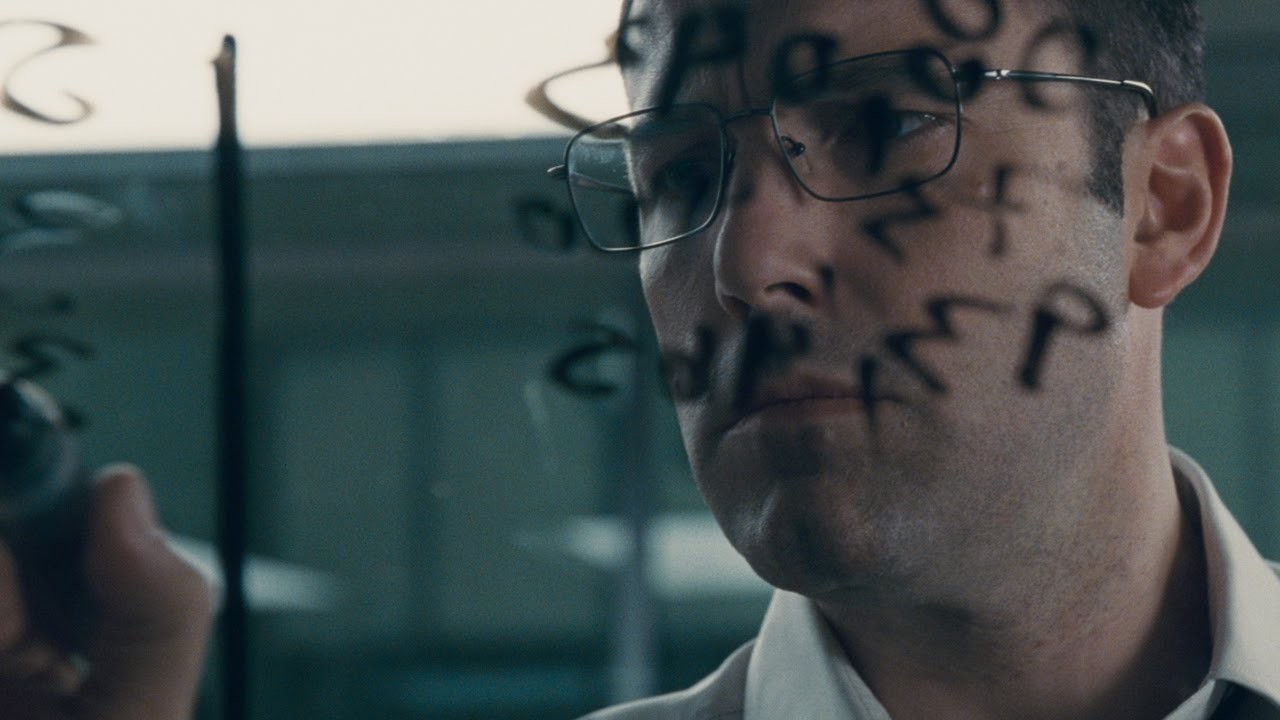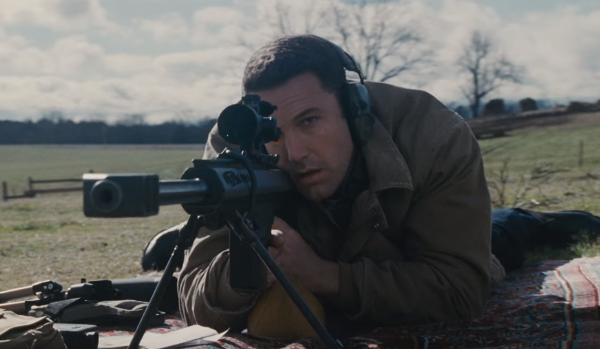The Accountant (2016)

The Accountant, directed by Gavin O’Connor and released in 2016, is a multifaceted thriller that combines elements of action, drama, and psychological intrigue. Starring Ben Affleck as Christian Wolff, the film delves into the life of an enigmatic accountant with high-functioning autism who becomes entangled in a dangerous world of crime and corruption. Through its complex narrative, well-developed characters, and thematic depth, The Accountant presents a gripping and thought-provoking exploration of identity, morality, and justice.
The film centers around Christian Wolff, a mathematical prodigy with autism who works as a freelance accountant for criminal organizations. By day, he is a highly sought-after accountant who helps criminal enterprises launder money and cover their tracks. By night, he uses his exceptional skills to work on seemingly mundane accounting tasks for legitimate clients. Christian’s dual life is marked by a high degree of secrecy and complexity, as he meticulously balances his work while managing his personal challenges.

Ben Affleck’s portrayal of Christian Wolff is central to the film’s impact. Affleck delivers a nuanced performance that captures the character’s intelligence, precision, and social difficulties. Christian’s condition is portrayed with sensitivity and depth, avoiding stereotypes and providing a genuine look at how autism affects his interactions and perceptions. Affleck’s performance is complemented by a carefully crafted script that explores the character’s inner world and motivations, making Christian a compelling and empathetic figure.
The film’s plot unfolds as Christian becomes involved in a high-stakes investigation involving a major corporation. While working on an audit for a robotics company, he uncovers financial discrepancies that lead him to a conspiracy involving embezzlement and corruption. As Christian delves deeper into the case, he finds himself pursued by both law enforcement and criminal elements, leading to a series of intense and action-packed sequences.

One of the film’s notable strengths is its intricate and multi-layered narrative. The Accountant weaves together multiple storylines, including Christian’s backstory, his current investigation, and the parallel stories of FBI agents and criminal masterminds. The film’s structure is designed to keep the audience engaged and guessing, with plot twists and reveals that add depth to the story. This complexity is enhanced by the film’s use of non-linear storytelling and character development, which provides a richer understanding of Christian’s motivations and the broader context of the plot.
The film’s exploration of morality and justice is another significant aspect. Christian’s character grapples with ethical dilemmas as he navigates his dual life and the consequences of his actions. The film raises questions about the nature of right and wrong, and the choices individuals make in pursuit of their goals. Christian’s interactions with other characters, including his sister (played by Alison Wright) and the people he encounters in his professional life, highlight the moral ambiguity and personal conflict inherent in his situation.

The action sequences in The Accountant are executed with precision and intensity, adding to the film’s overall excitement and suspense. The choreography of the fight scenes, combined with the film’s cinematography and sound design, creates a visceral and engaging experience. The balance between action and character-driven drama is carefully maintained, ensuring that the film’s thrilling moments are grounded in the emotional and psychological complexity of the characters.
Visually, the film employs a gritty and realistic style that complements its tone. The cinematography, by Seamus McGarvey, captures the tension and atmosphere of the story, using a muted color palette and dynamic camera work to enhance the film’s sense of urgency and danger. The visual style contributes to the film’s overall impact, creating a palpable sense of unease and intensity.

The score, composed by Mark Isham, further enhances the film’s mood and themes. The music is used strategically to underscore key moments of tension and emotion, adding to the film’s dramatic and psychological depth. The score’s integration with the narrative highlights the film’s thematic concerns and emotional resonance.
In conclusion, The Accountant (2016) is a compelling and multi-dimensional thriller that offers a sophisticated blend of action, drama, and psychological intrigue. Through its complex narrative, nuanced character development, and exploration of moral and ethical themes, the film provides a thought-provoking and engaging cinematic experience. Ben Affleck’s performance as Christian Wolff, combined with the film’s intricate plot and strong visual and auditory elements, makes it a standout entry in the thriller genre. By delving into the challenges and intricacies of its protagonist’s life, The Accountant offers a unique and insightful perspective on identity, justice, and the human condition.











